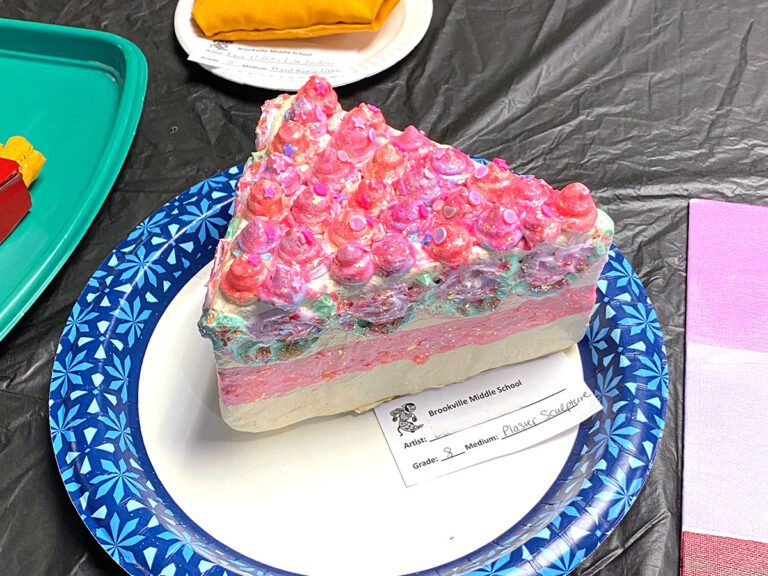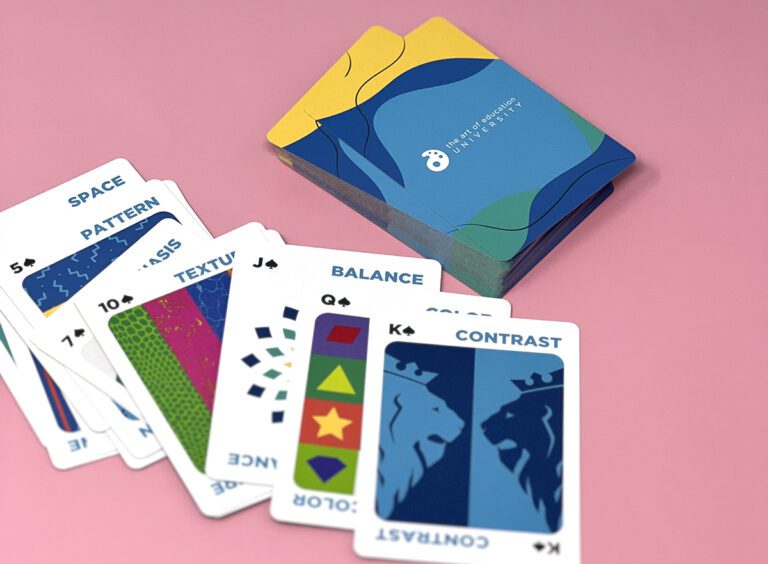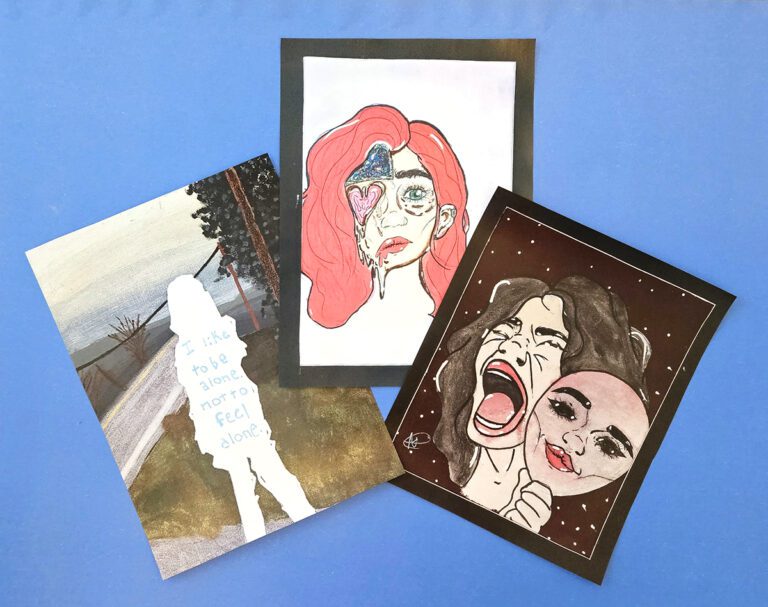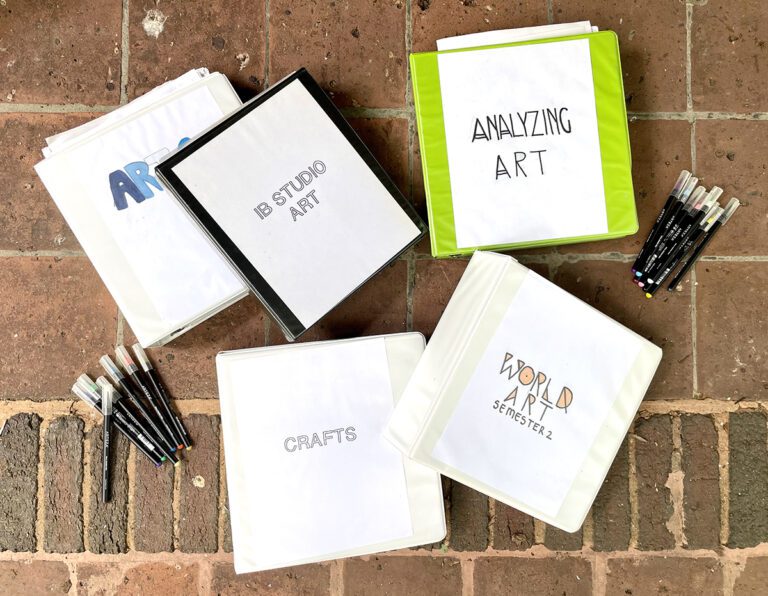Many teachers recently found themselves developing online learning projects for the first time. With an uncertain fall semester ahead, some may be thinking of ways to structure lesson plans for the next school year. Traditional lesson plan templates may no longer be applicable, but utilizing essential questions can be a great place to start.
What are essential questions?
Essential questions are questions you would ask students to make sure they understood the essential information or concepts in your lesson. They support the standards and help guide students’ learning. These questions can not be answered with a simple yes or no, but instead require students to think critically and develop their own answers.
How are essential questions used in the traditional classroom?
Essential questions can help you when writing your lesson plans. You may start with the standard and then ask yourself, “What do I want students to learn from this?”
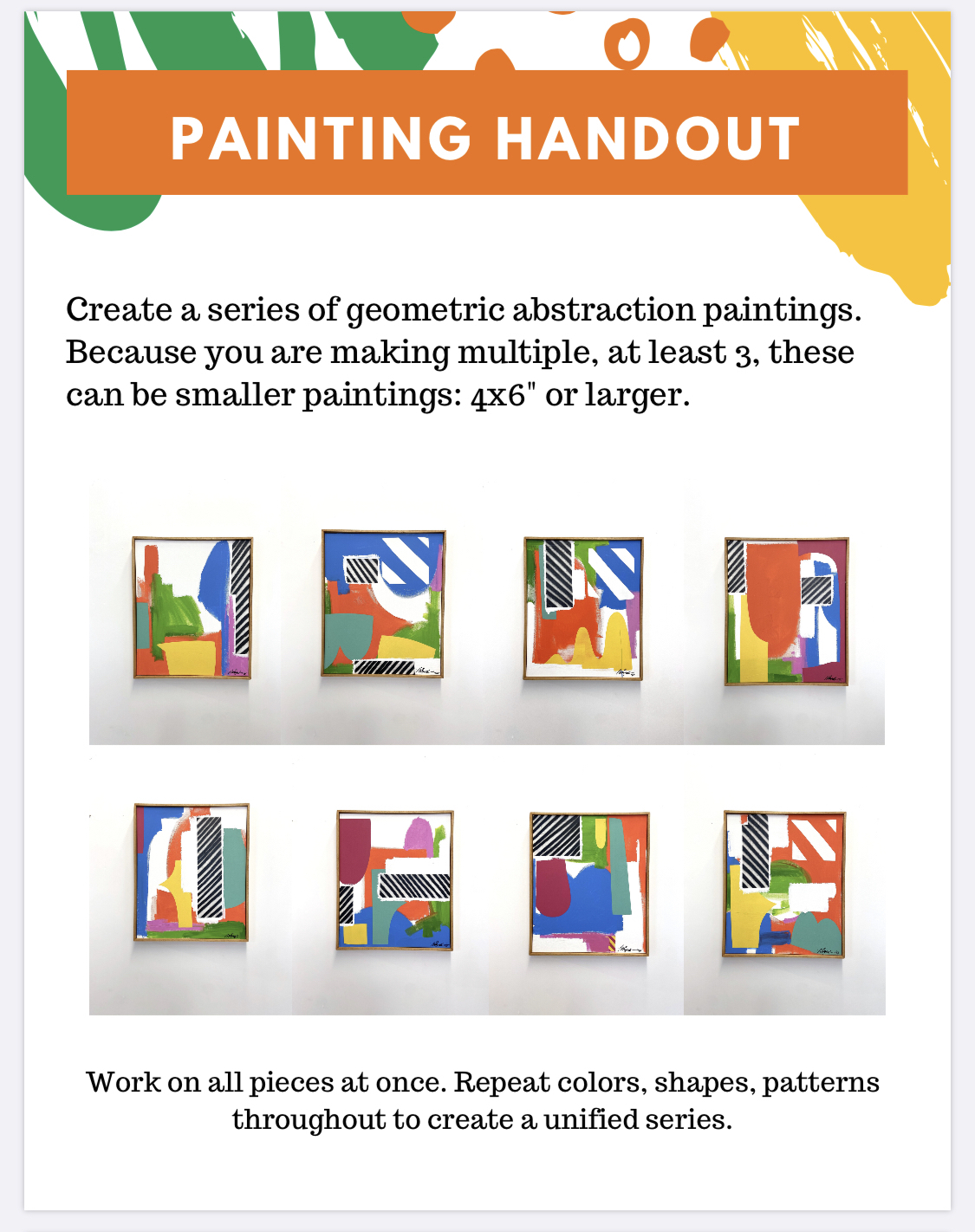
When you have your answer, you can start to develop thought-provoking questions for students. What would you want them to be able to answer after your lesson? How will you know they understood the material?
Prepare for anything in the classroom with PRO Learning.
In the traditional classroom setting, it’s great to post your essential questions or write them, so they are visible to everyone. When you have the questions visible in the classroom, they serve as a goal for students throughout the lesson. If your essential question is, “How does collaboration expand the creative process?” then students can keep this in the back of their minds as they work in groups and collaborate with their peers. Once the project is completed, they have a frame of reference to give an informed answer. They may share that through collaboration, they were able to come up with more ideas, utilize each other’s strengths, share different experiences, etc.
Use the National Core Arts Standards.
The National Core Arts Standards website is a great resource to help you with your lesson planning. They have a feature called Customize Your Own Handbook, which allows you to select discipline, process, grade level, essential questions, and more. This resource will provide you with a list of standards for your selected grade level(s) and additional information, such as the essential questions.
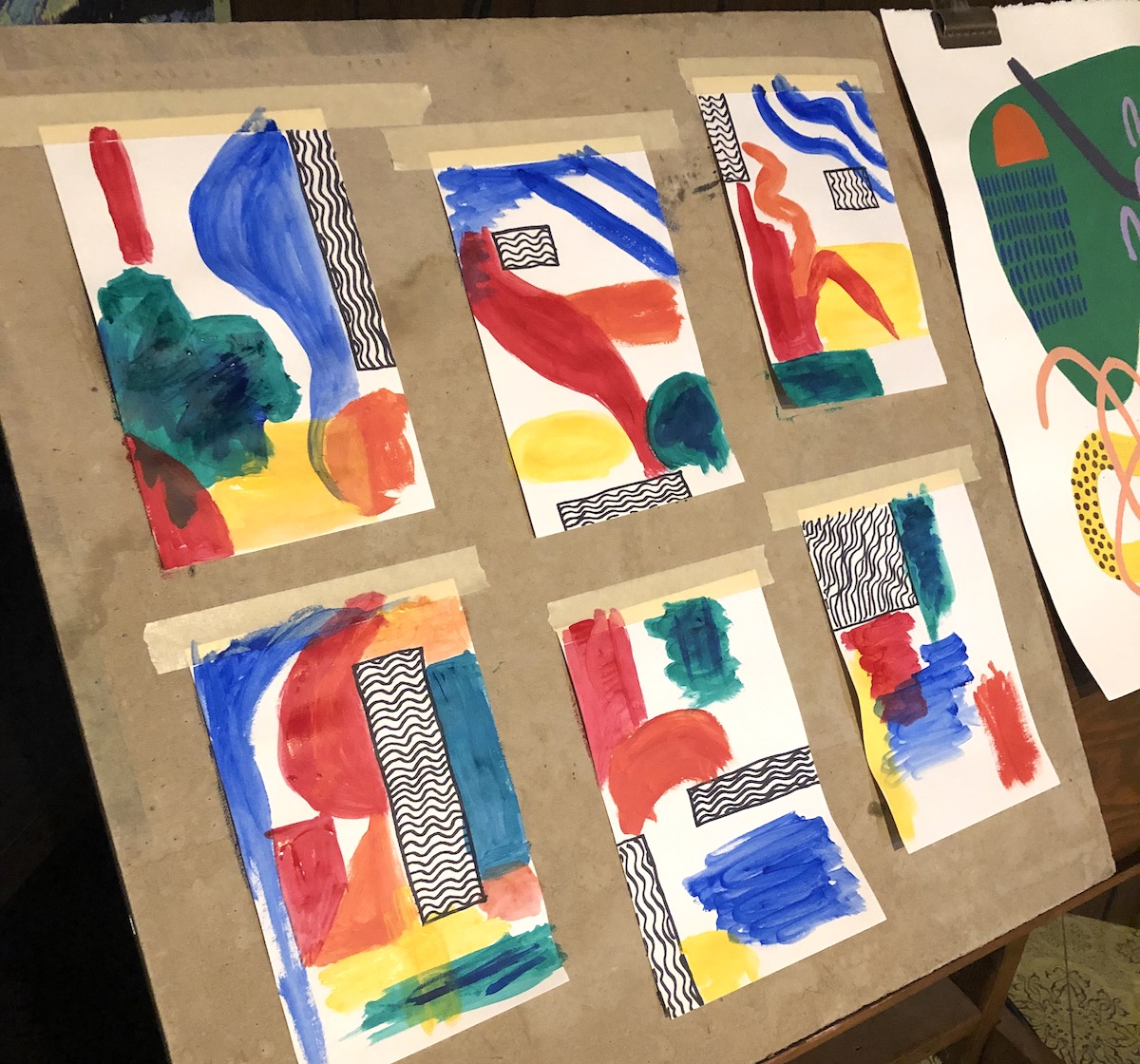
This can be the perfect place to start when you’re ready to design new lesson plans. You can identify the standards you already cover and search for ones you may need to add to your curriculum or rethink how you’re approaching it. The essential questions can make those standards a little less intimidating for you and your students.
Sometimes the language of education standards is a little vague for teachers and a little confusing for students. While posting your standards in the classroom is certainly valuable, posting essential questions may be more palatable to students’ understanding. Essential questions can easily be used as exit tickets, “I-Can statements,” and other strategies to check for understanding.
Use essential questions to guide online learning.
Online learning will most likely be part of most teachers’ lives as we enter into the 2020/2021 school year. While we may return to our physical classrooms, there may also be expectations that we have online learning plans prepared. The future of education is still a little uncertain right now, and we may want to at least think ahead about possible plans for online learning.
Even if schools reopen in the fall, developing a few online learning plans wouldn’t hurt. You can use these in the event of a snow day, temporary closure, or backup substitute plans. Your time and energy will not be wasted if you decide to write a few online learning plans now.
Essential questions can be a great way to structure online learning. When schools were closed, teachers scrambled to develop any kind of content without much direction. Some may have tried to maintain their traditional curriculum, while others encouraged creativity of any kind. The essential questions can be a nice way to guide your lesson plans and actually address the standards students should be learning if they were in the classroom.
Download this helpful Essential Question Cheat Sheet.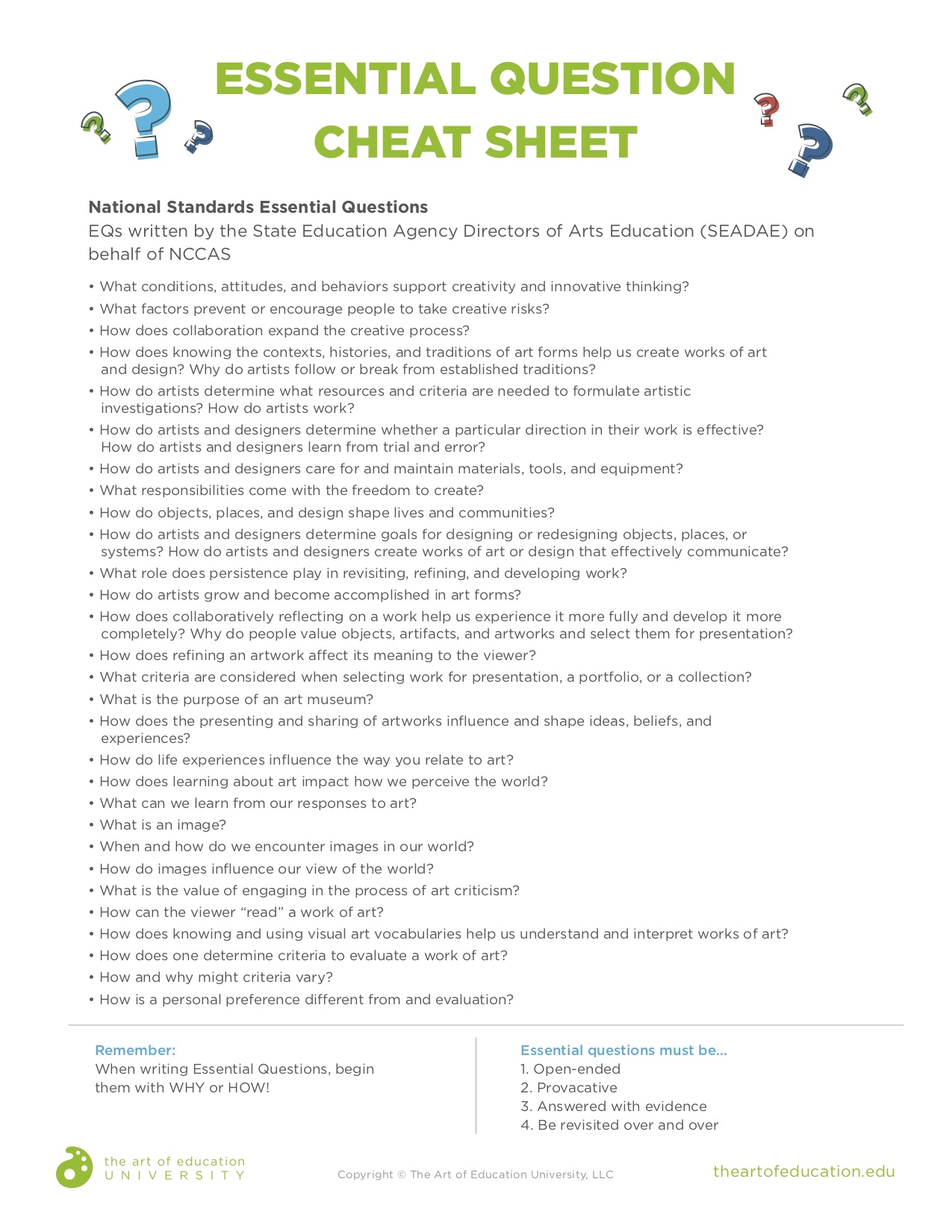
Here are some 6th-grade essential question examples.
Here is a list of essential question examples found by using the National Core Arts Standards website’s Customize Your Own Handbook tool.
The following list features essential questions for creating component standards for sixth-grade students:
- What conditions, attitudes, and behaviors support creativity and innovative thinking? What factors prevent or encourage people to take creative risks? How does collaboration expand the creative process? (#VA: Cr1.1)
- How does knowing the contexts histories, & traditions of art forms help us create works of art & design? Why do artists follow or break from established traditions? How do artists determine what resources are needed to formulate artistic investigations? (#VA: Cr1.2)
- How do artists work? How do artists and designers determine whether a particular direction in their work is effective? How do artists and designers learn from trial and error? (#VA: Cr2.1)
- How do artists and designers care for & maintain materials, tools, & equipment? Why is it important for safety & health to understand & follow correct procedures in handling materials & tools? What responsibilities come with the freedom to create? (#VA: Cr2.2)
- How do objects, places, and design shape lives and communities? How do artists and designers determine goals for designing or redesigning objects, places, or systems? How do artists and designers create works of art or design that effectively communicate? (#VA: Cr2.3)
- What role does persistence play in revising, refining, and developing work? How do artists grow and become accomplished in art forms? How does collaboratively reflecting on a work help us experience it more completely? (#VA: Cr3.1)
Check out How to Write a Great Essential Question for more!
Apply essential questions to online learning activities.
You can easily use the essential questions to help you think of and develop new online learning activities for your students.
For example:
- How do artists work?
- How do artists and designers determine whether a particular direction in their work is effective?
- How do artists and designers learn from trial and error? (#VA: Cr2.1)
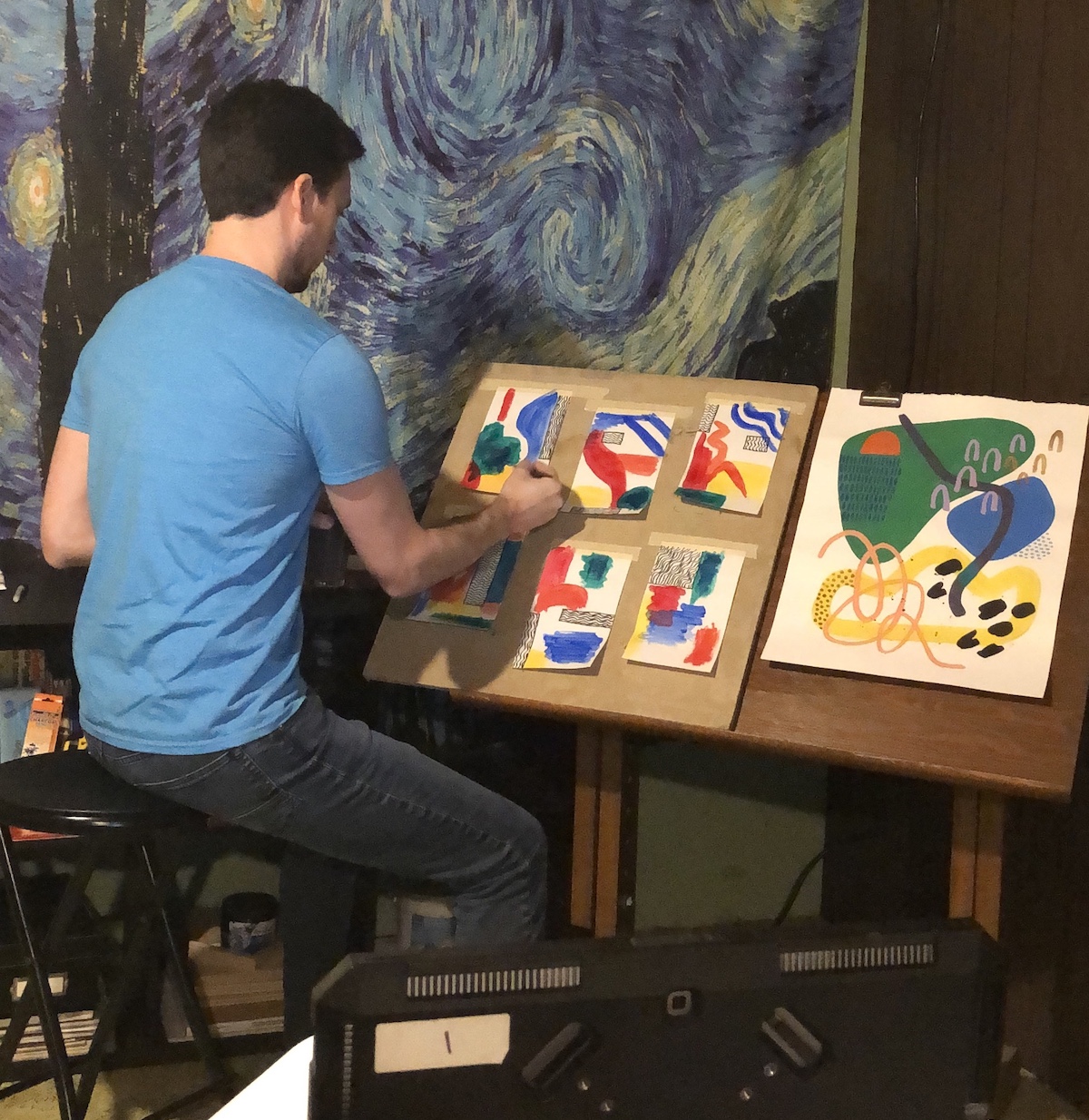
For this standard, and set of essential questions, you could ask students to investigate how artists work by providing them with real-life examples. Social media can be a great place to showcase how contemporary artists work on a daily basis. Many artists share behind-the-scenes works in progress, hanging exhibitions, corporate partnerships, and more. Direct students to specific links you have found, or ask them to do research on their own.
Check out How to Pare Your Lesson Plans Down to the Essentials for more!
Irish contemporary artist, Maser, is a great example of an artist who uses social media with a great deal of transparency so followers can see how he works. Students can learn a lot from observing and commenting on his work and social media posts. You can have class discussions and painting demonstrations via Zoom or Google Hangouts. You can encourage students to create their own works inspired by the artist’s geometric abstractions. Encourage your students to share their work with peers for feedback on whether or not their work is effective. Ask students to reflect on their process and what they learned by trying out this new style.
Creating lessons modeled after essential questions will provide some much-needed direction and structure to your students’ online learning. Your lessons will not only inspire creativity at home but also engage students with the National Core Arts Standards for their grade level. Your students will be able to better understand the purpose of their learning. Essential questions will help provoke thoughtful responses, even when students can’t be in your classroom.
How have you used essential questions in the past?
How do you plan to structure future online learning plans?
What was your most successful online learning plan so far?
Magazine articles and podcasts are opinions of professional education contributors and do not necessarily represent the position of the Art of Education University (AOEU) or its academic offerings. Contributors use terms in the way they are most often talked about in the scope of their educational experiences.



